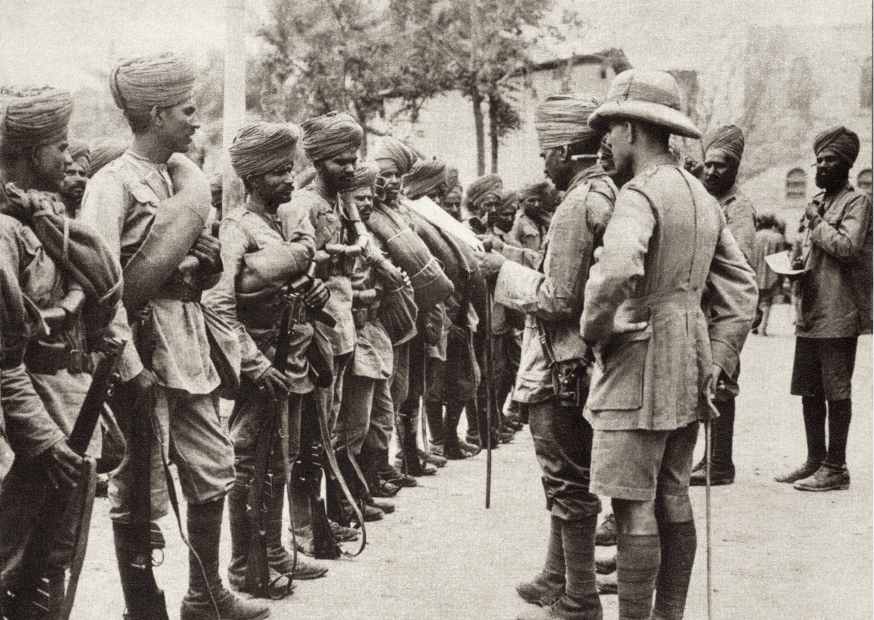Colonial history is often marked by tales of exploitation, subjugation, and human rights abuses. One such harrowing account comes from the 1818 diary of Sergeant Calladine during the British colonial rule of Ceylon, now known as Sri Lanka. This diary sheds light on the ruthless tactics employed by the British forces. In this article, we delve into the grim details of this period, examining the atrocities committed by the British in their pursuit of control.
Ruthless Tactics
Sergeant Calladine’s diary offers a chilling glimpse into the tactics employed by the British forces during this period. His words, “Not a single day passed without burning a village and killing the Chingalese men. We didn’t take prisoners,” reveal a horrifying reality. The British forces, in their efforts to suppress the rebellion, resorted to burning entire villages and indiscriminately killing Chingalese men, leaving behind a trail of devastation.
Hostage Taking
Another grim aspect of British colonial strategy was the capture of wives and children of patriots. These innocent family members were held as ransom until the patriots surrendered. This tactic aimed not only to weaken the resolve of the insurgents but also to exert psychological pressure on them by putting their loved ones in harm’s way.
The Tragic Fate of Children
Perhaps one of the most heart-wrenching revelations from Sergeant Calladine’s diary is the fate of the children of patriots. Dr. John Davey of the British Army is quoted as declaring that by 1821, there were no children of patriotic families left in the hill country/Uva-Wellassa region. This suggests that these children were not only separated from their families but also met untimely and tragic ends, possibly at the hands of the British forces. Such cruelty towards innocent children is a stark reminder of the brutality of colonial rule.
Conclusion
The diary of Sergeant Calladine from 1818 offers a disturbing account of British colonial crimes in Ceylon. The ruthlessness, hostage-taking, and the tragic fate of children are chilling reminders of the brutal tactics employed to suppress local uprisings. As we reflect on this dark chapter in history, it is crucial to remember the lessons it imparts about the consequences of unchecked power and the enduring impact of colonialism on the lives of those who lived through it.






